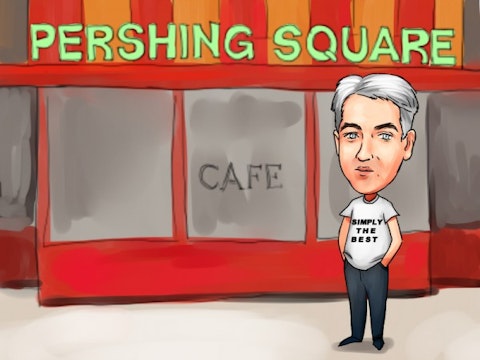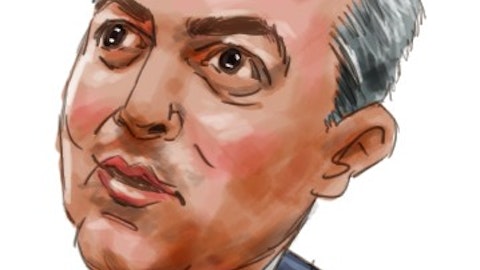Facebook, Burger King, Outback Steakhouse – what do these three iconic companies have in common? All three are planning IPOs and, in the case of Outback and Burger King, some of the top hedge funds in the world are involved.
Outback Steakhouse, which is owned by a company called Bloomin’ Brands, filed its intention to go public on Friday, April 6. In the S-1 Registration Statement, the company listed a fund-raising goal of $300 million. Outback Steakhouse is only one of the restaurant chains Bloomin’ Brands controls. Others include: Bonefish Grill, Carrabba’s Italian Grill and Fleming’s Prime Steakhouse. “Bloomin’ Brands said that it planned to use proceeds from the I.P.O. to pay off its $248.1 million in senior bonds, with any remaining balance to be used for general corporate purposes. The company reported $2.1 billion in total debt,” according to the New York Times. “Bloomin’ Brands was once known as OSI Restaurant Partners, until its 2006 takeover by Bain Capital, Catterton Management and the company’s three founders for about $3.2 billion.” The New York Times added that “they will retain their controlling stake even after the I.P.O.” Bloomin’ Brands IPO is to be underwritten by: Merrill Lynch, Pierce, Fenner & Smith; Morgan Stanley & Co, JP Morgan Securities; Deutsche Bank Securities; and, Goldman, Sachs & Co.
Burger King is also recently filed its intention to go public. According to the company’s S-1 Registration Statement, it will be looking to raise $488.75 million through the IPO. The money is to be used as follows: “We will receive net proceeds from this offering of approximately $374 million, assuming an initial public offering price of $16.00 per share, the midpoint of the range set forth on the cover page of this prospectus, and after deducting underwriting discounts and commissions and estimated offering expenses. We expect to use almost all of the net proceeds to repay the $350 million borrowed under our senior secured credit facility in connection with the February 2006 financing and the February 2006 dividend with the balance used for general corporate purposes. As a result, almost all of the proceeds of this offering will not be invested in our business. A $1.00 change in the per share offering price would change net proceeds by approximately $24 million.” Burger King plans is initiating this offering through a merger with Justice Holdings, an investment company based in London. Bill Ackman’s Pershing Square is expected to own roughly 10% of the newly public company.
Facebook will be going public in the coming months as well. The company is looking to raise $5 billion through its IPO according to its S-1 Registration Statement. In the statement, Facebook explains how it intends to use the proceeds of the initial public offering. “The principal purposes of our initial public offering are to create a public market for our Class A common stock and thereby enable future access to the public equity markets by us and our employees, obtain additional capital, and facilitate an orderly distribution of shares for the selling stockholders. We intend to use the net proceeds to us from our initial public offering for working capital and other general corporate purposes; however, we do not currently have any specific uses of the net proceeds planned,” says Facebook. “We may use a portion of the net proceeds to us to satisfy a portion of the anticipated tax withholding and remittance obligations related to the initial settlement of our outstanding RSUs, which will become due approximately six months following the completion of our initial public offering. Additionally, we may use a portion of the proceeds to us for acquisitions of complementary businesses, technologies, or other assets. However, we have no commitments with respect to any such acquisitions or investments at this time.” The prospectus continues, “Pending other uses, we intend to invest the proceeds to us in investment-grade, interest-bearing securities such as money market funds, certificates of deposit, or direct or guaranteed obligations of the U.S. government, or hold as cash. We cannot predict whether the proceeds invested will yield a favorable return.”




